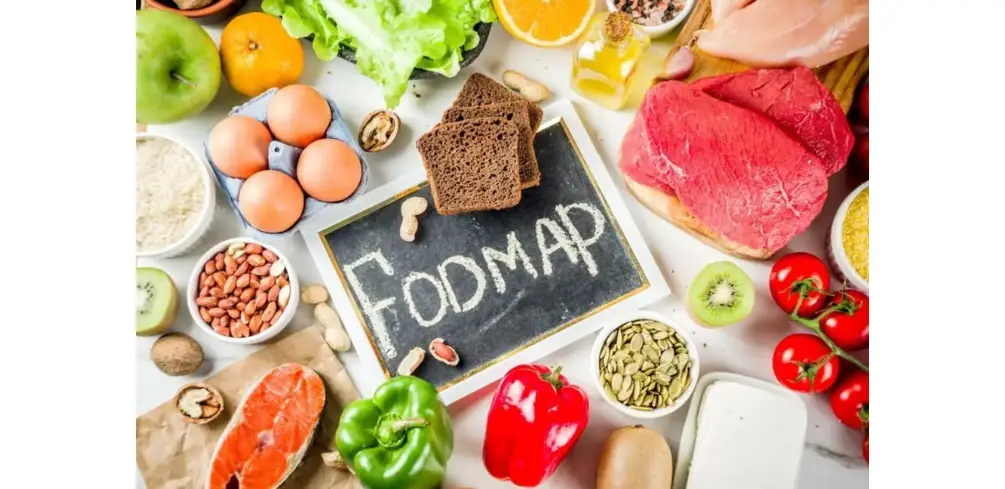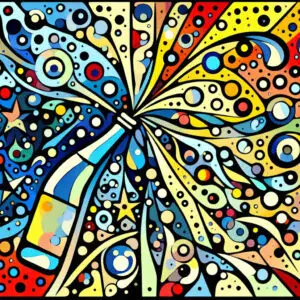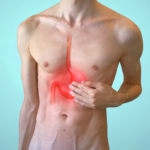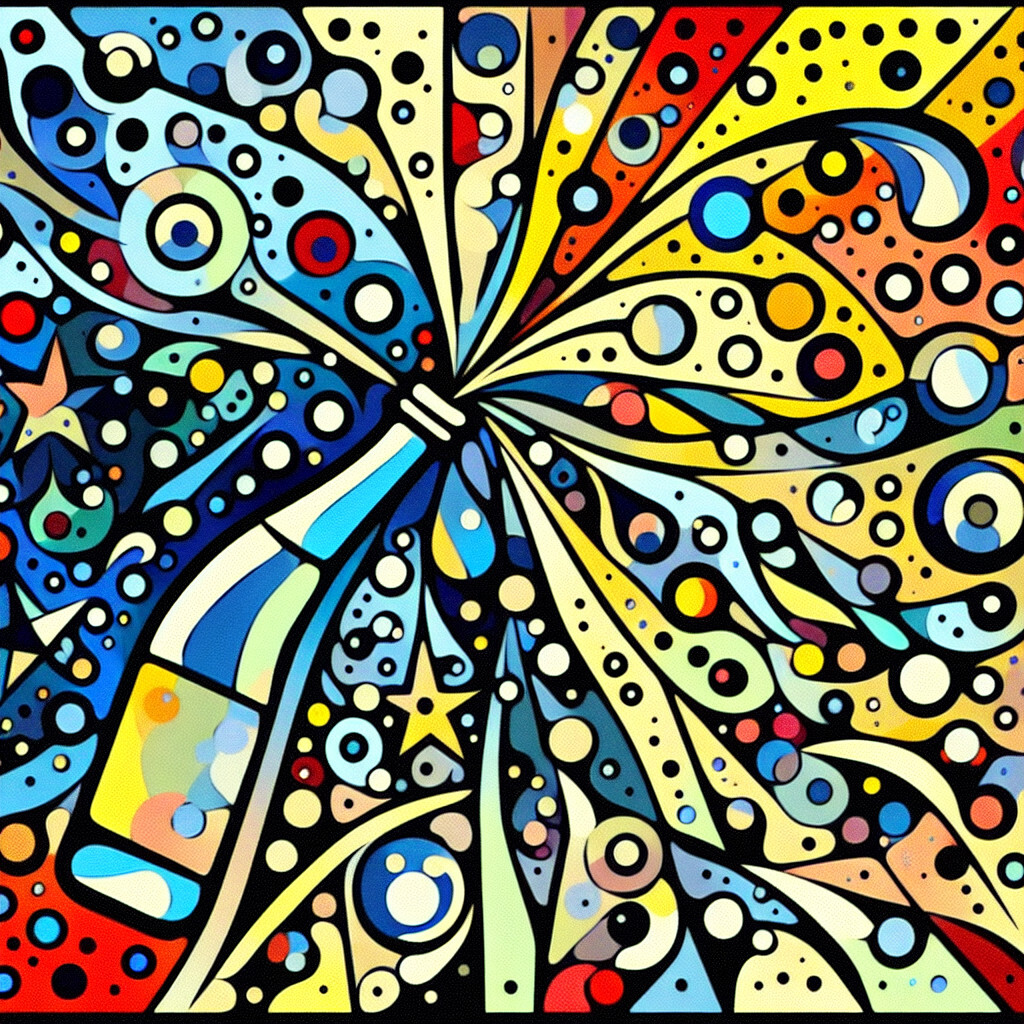Amazon Affiliate Disclaimer
As an affiliate, we earn from qualifying purchases. We get commissions for purchases made through links in this post.
There’s been a lot of chatter lately about sparkling water and its possible health benefits. But if you’re following a low FODMAP diet, you might be wondering if sparkling water is right for you.
In this post, we’ll take a closer look at sparkling water and its effects on the gut.
What Is The Low FODMAP Diet?
FODMAP stands for fermentable oligosaccharides, disaccharides, monosaccharides, and polyols. These are short-chain carbohydrates or sugars that the small intestine has trouble absorbing. After consuming them, some people develop intestinal discomfort.
Which might cause cramps, diarrhea, constipation, stomach bloating, gas, and flatulence, among other symptoms.
The FODMAP diet typically refers to a low-sugar diet, as certain sweets can irritate the intestines. This diet is intended to help patients with IBS and/or small intestine bacterial overgrowth identify foods that aggravate symptoms and meals that alleviate them.
The low-FODMAP diet is a component of the treatment for IBS and SIBO. Up to 86% of participants report a reduction in symptoms, according to research.
It’s crucial to work with a doctor or dietitian who can make sure you’re following the diet correctly and keeping sufficient nutrition because the diet can be difficult during the initial, most restrictive period.
Underweight people shouldn’t do this on their own. Despite not being designed for weight reduction, the low FODMAP diet can help you lose weight because it forbids so many items. Losing more weight can be risky for someone who is already at a low weight.
Low FODMAP Drinks
When you begin any new healthy eating plan, it’s possible to become so focused on what you can and cannot eat that you neglect to consider what you can drink.
The best option for a healthy beverage to keep you hydrated is undoubtedly water.
However, there are instances when you might just want something flavored or sweetened to drink with meals. You might pick up a soda in this situation.
Now, you might think of carbonated drinks when you hear the word “soft drinks.” However, a soft drink can be pretty much any beverage that has carbonation, sugar, or flavoring added to it.
Although carbonation is technically considered low FODMAP, many carbonated drinks include potentially problematic sweeteners like high fructose corn syrup.
These beverages, along with coffee and other teas, all contain caffeine, a stimulant that, in some persons with digestive disorders including irritable bowel syndrome, can result in stomach cramping and diarrhea.
Additionally, because it can result in a buildup of gas in the stomach and intestines, which can cause bloating and abdominal cramping, carbonation itself is not always well tolerated by people with digestive problems like irritable bowel syndrome.
So, Is Sparkling Water Low FODMAP?
The good news is that sparkling water is low FODMAP because no artificial sugars are added to it. Sparkling water is nothing more than ordinary water that has been added with carbon dioxide gas bubbles.
Although consuming these bubbles too soon can occasionally result in indigestion, they can also help you feel fuller.
It is advised to limit the consumption of carbonated beverages that are theoretically low FODMAP, such as seltzer water, sparkling flavored water, and diet sodas manufactured with sweeteners like sucralose or stevia.
This is because sparkling water containing high FODMAP sweeteners should be avoided.
What Drinks Should You Avoid?
A soft drink’s label should always be read before drinking. Here are a few typical soft drink ingredients that can upset your stomach.
- Sugar from high-fructose corn
- Molasses
- Avocado Syrup
- Honey
- Maltitol, xylitol, sorbitol, mannitol, or lactitol are examples of sugar alcohols.
- sweeteners like isomalt or inulin
Other natural soft drinks beyond those with these typical sweeteners also need to be avoided. Included in this are any juices or concentrates made from apples, pears, or mangoes, coconut water, and orange juice that is larger than around 3 ounces.
Additionally, if you consume fruit juices in excess, you risk experiencing stomach problems.
What Low FODMAP Drinks Can You Consume?
You might be wondering what beverages are left for you to enjoy now that you are aware of which ones to avoid (aside from sparkling water). There are several scrumptious and energizing options, is the answer.
Here are some soft drink options that are low FODMAP and the serving size recommended by experts.
- Coffee: 60 milliliters, or two ounces, of espresso.
- Instant Coffee: Prepared two heaping teaspoons of instant coffee.
- Milk: 2 teaspoons of protein powder mixed with water or lactose-free milk. or plant-based milk with whey protein isolate, pea protein powder, or brown rice protein.
- Chocolate: 2 heaping teaspoons of cocoa or cacao powder should be prepared with lactose-free milk or plant-based milk.
- Juices: About 8 ounces of orange juice, 6 ounces of tomato juice, or 3 ounces of cranberry juice.
- Tea: 8 ounces, strong or weak, of black, peppermint, rooibos, white, or green tea.
- Alcohol: A maximum of 12 ounces of beer, 1 ounce of liquor, or 4 to 6 ounces of wine should be consumed each day.
- Flavored water: As long as the water is made by infusing with fruits that are low FODMAP such as strawberries, lemons, oranges, or limes.
- Lemonade: as long as you stay away from high FODMAP sweets, lemonade is acceptable.
Conclusion
You don’t have to drink only water if you’re following a low FODMAP diet. However, if you don’t like drinking still water, having some sparkling water from time to time shouldn’t be that big of a deal.
It’s also a good idea to check the ingredients of the beverage first before consuming it. And if you are not sure what is in your beverage, it is best to just reach for a tall glass of water to be safe.
The low FODMAP diet is a short-term, extremely restrictive dietary regimen. Before beginning any new diet, it’s wise to see your doctor, but since the low FODMAP diet forgoes so many items, it’s not one that anyone should stick to for very long. Discovering the meals that cause you problems is a quick procedure.
Read also:
- baby on sparkling water
- baby loves sparkling water

- sparkling water in babies
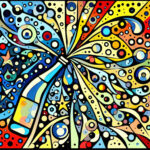
- giving baby sparkling water

- sparkling water for child

- does sparkling water affect breastfed baby

Please be careful and use at your own risk
None of the authors, contributors, administrators, or anyone else connected with Water Exotic, in any way whatsoever, can be responsible for your use of the information contained in or linked from these web pages.

